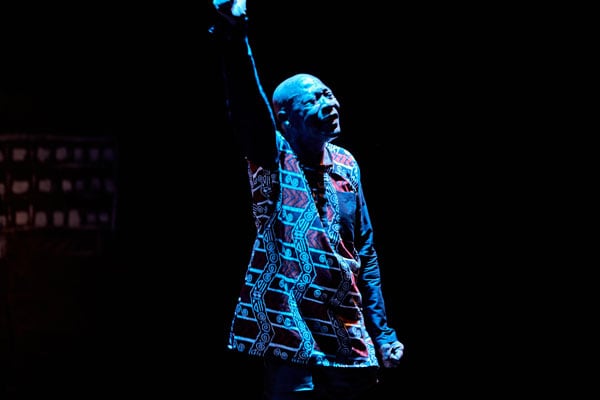
Benjamin Rukwengye
At the nadir of Uganda Police’s dysfunction, it became possible to hire security personnel from some of its shadowy units to conduct illegal private operations at a fee. The commonest was if someone owed you money that they had failed to pay back. At a fee, you could procure the services of a commanding officer, who would deploy a couple of gunmen to kidnap and disappear the debtor until the relatives paid up.
From what I hear, even with the reforms and changes in command, this practice remains and is deployed to devastating effect by money lenders.Except that now, one is taken under the guise of being a National Unity Platform supporter who is planning to cause mayhem. That is the price for a dysfunctional system where the laws exist but without a formula for their implementation. Whereas the smaller players in the financial system have to deal with getting disappeared or being harangued by creditors, the game is different for much bigger players.
Around 2013, media reports revealed that Sembuule Steel Mills, owned by Christopher Columbus Sembuya, was in bad debt. They had taken a bank loan and failed to pay it back so they were appealing to the government for a bailout or the factory would be lost. Help did not come and the factory folded. Together with his brother, Wilberforce Buwule, they had started Sembule Group of companies which boasted a bank, a steel factory, a radio manufacturing plant, a media house, and an insurance company. There aren’t many Ugandan businessmen with as much claim. One by one, the businesses closed or were acquired – because sometimes these things can happen despite anyone’s abilities and intentions – and by the 2010s, only the steel factory was limping along.
It is reported that in the final moments, Sembuya wrote over 200 letters to the President, appealing for help that did not come. He isn’t the only one for whom the government did not come through. There obviously is a law on who qualifies to get government bailouts and tax waivers but the template of its application varies depending on a multiplicity of factors. That is why this week’s reports that the Ndere Cultural Centre, in Ntinda, is in financial distress and likely to go under the auctioneer’s hammer, make for an interesting view.
There aren’t many places like it around Kampala, and it would be sad if it were lost and replaced by a block of apartments or a mall. Its proprietor, Stephen Rwangyezi, is an acclaimed doyen of Uganda’s arts and cultural space. He is also quite connected within the power circles and at the very least, will not need as many letters as Sembuya needed. The bigger picture is not who is or isn’t getting the government’s favours.
It is also not about whether the Ndere Centre shouldn’t pay its dues. There are many options available to the cultural centre and its management, the bank, and even the government – should it choose to step in. Big businesses and their owners always find a way, especially in places such as Uganda where the law isn’t always up for consideration.
The bigger picture is the operational environment in which smaller players are required to operate. There is a reason why MTN MoMo Cash, the tens of illegal cash lending apps, money lenders, and banks are thriving – regardless of how exorbitant and predatory their interest rates are. Your average Ugandan doesn’t live above their means. There just aren’t any means. They cannot start anything of much value in much the same way that they cannot acquire it.
That explains the bafflingly long lines at China Town, in Lugogo, where for hours on end, able-bodied young people line up just to buy cheap merchandise. At a macro level, it is hard for businesses – local and foreign – to survive let alone thrive if the majority of their clientele is trapped in debt. That is why for many Ugandan businesses, the question isn’t if but when they will go under.




